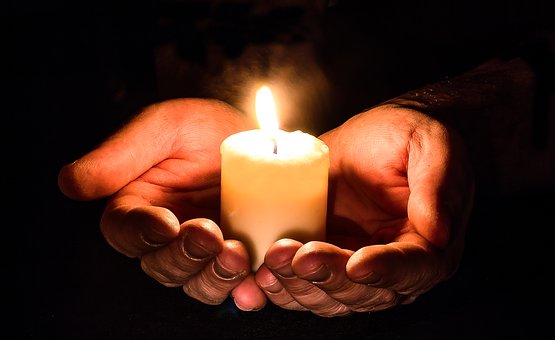Like most people, when I was in school (mostly college), I dreaded exams. I much preferred those classes in which the final exam was a paper or a project. Because as much as I could prepare for exams – researching, studying, memorizing – it gave me such anxiety knowing that I would have to retrieve all of that information in a limited amount of time and use it to prove that I knew what I was talking about. So much was riding on it, and I usually doubted how well I would do.
Yesterday, we had a very important IEP meeting for my son who has autism and is now in high school. He requires constant assistance to start, work on, and complete assignments at the public school where he is mainstreamed with extensive support. While we are very fortunate to have that support, I do not want his potential limited by a modified diploma. He needs to be taught to work independently, and I don’t see how that could happen in his current placement. We found a school that specializes in teaching ASD students, and he has attended summer camp programs there. I asked his current school to change his IEP to reflect that his academic needs would be better met in the special program.
I prepared for this meeting for two weeks. I researched online, I consulted other special-needs parents, and I printed out e-mails from my son’s special education teacher that I had saved over the course of the school year, mentioning various times that she’d had trouble getting him to do the work, and in which she was asking me for advice. I built a case showing that although I appreciate the support that my son receives, his academic needs were clearly not being met. I practiced my main arguments in my head for days. I threw all of my energy – mental, emotional, and physical – into my preparation. I meditated. I prayed. I tried not to lose sleep. I did everything I could.
But this was one exam that I could not pass. From the moment I sat down at that huge, intimidating table, the district special education coordinator controlled the meeting. She knew how it was going to go. She was diplomatic and acted sincere, but she did her job for the school district. No matter how convincing my arguments, no matter how irrefutable my evidence, no matter how much I stuck to the facts and did not let my emotions surface, she did not waver. It didn’t matter what I’d said or how many e-mails I produced. I felt railroaded. We never had a chance.
I left the building and the tears immediately streamed down my face. I couldn’t even make it out to my car first. I was not completely surprised at the outcome of the meeting, but still, I had hoped. And it was quite a blow. I know that I could hire a special education attorney and take the district to court. I know that we have a good case. But I also know that there’s only so much I can take. I’m supposedly so “strong;” I’ve been told that many times over the years. But I’m not. I’m tired. I’m vulnerable. And I’m not going to fight that fight.
But I will continue to work for what’s best for my son, even if it turns out to be something different than what I’d thought would be best. When I tell Neil, after I’d come home, that the district would not approve transferring him to the special school that he wanted to attend, at first he’s angry. “We need to call the authorities!” he proclaims. But after a few minutes, after he feels my calmness and acceptance, and after we talk about our alternatives, he sighs and goes back to the cartoon he had been watching. I walk out to the kitchen to begin making dinner.
I think about the huge changes that my son – that all of us – will be facing very soon as we move seven hundred miles away to be near the special school in Los Angeles. His father lives there, and my two sons have spent the past eight summers there. They’ll go to the local public school, and we’ll just keep working to get Neil in the one we want him to attend. But I’m open to the possibility that maybe something else will come up in L.A., some other opportunity that will turn out to be even better for him. Something we hadn’t even thought of. After the meeting, walking out to the car, I felt so disappointed in myself because I knew that I wasn’t going to fight the school district. I felt like I was just giving up. But now I see it differently. It’s not surrender; it’s hope. Hope for something better.
A few minutes later, as if he picked up on my thoughts, Neil walks through the doorway of the kitchen, stands there for a moment, and says, “Maybe some good will come of it.” It was most likely a line from a movie. But it couldn’t have been better said. I put my arm around his waist and pat his back and tell him Yes, honey. I’m sure of it.


Pingback: Transition Check-In: Back to the Diving Board | Tanya Savko